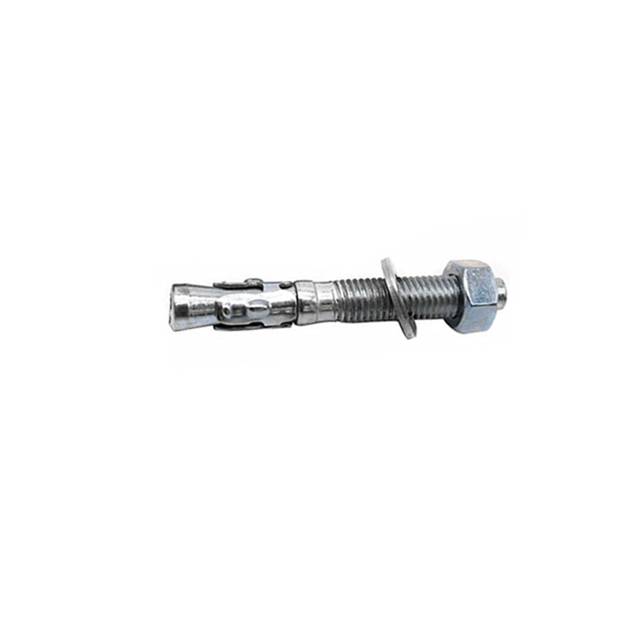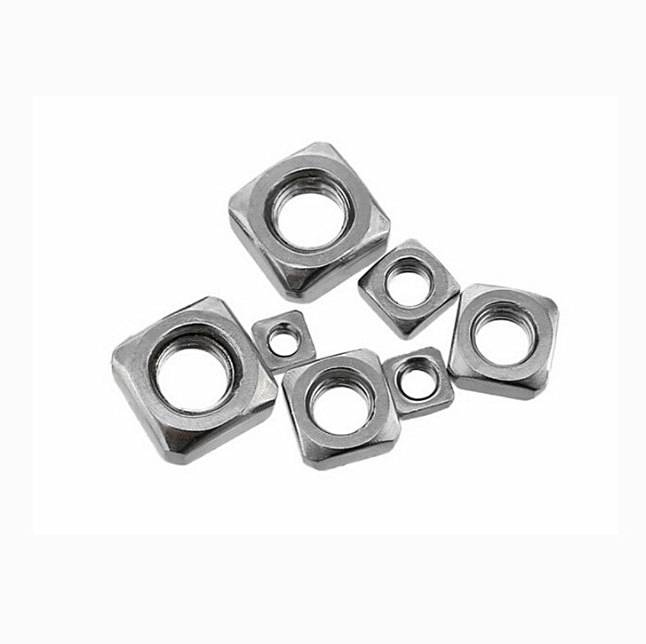Nonprofit news. Free for all, funded by readers.
Can you imagine life without Berkeleyside? We’ve been providing Berkeley with compelling, trustworthy local news for 15 years. Help keep our community-rooted reporting strong in 2025 by donating to our end-of-year fundraising campaign. Supply Furniture Screws

The wingnut was invented in the first half of the 19th century and quickly became an indispensable piece of hardware. It lets users fasten bolts by hand, without tools, using little wings jutting out from the nut.
Over time the term became slang, applied pejoratively to mentally unsound people, to political extremists, to freaks, eccentrics and weirdos. But in the Bay Area especially, it’s come to take on a more positive connotation, describing a certain type of creative tinkerer with a DIY, outsider ethos.
The wingnut, in all its many guises, is being celebrated at the Wingnut Museum, which opened in July at Grand Opening, the art salon in Berkeley’s Gilman District that is also home to the Illusion Room.
This is actually the second incarnation of the museum. It was originally founded inside Urban Ore, where it became an unlikely symbol of resistance during a unionization push last year at the popular South Berkeley salvage store.
Neko, an Urban Ore worker turned museum founder, spoke with Berkeleyside on the condition that his last name be omitted to preserve his privacy.
In 2022, when Neko was running Urban Ore’s hardware department, “it was very cluttered, messy, disorganized, and I was tasked with cleaning it up,” he said. “I’m not sure where exactly the idea came from. It started with 10 or 15 wingnuts laid out on a shelf and as I sorted through the many hardware donations, I came across more wingnuts and I kept adding to it.”
Soon co-workers started donating wingnuts to the collection, and then customers took notice and made donations as well.
As Neko’s collection was growing, he and his fellow Urban Ore workers were busy making plans to form a union. At one of their meetings, before they went public with their intention, they held a vote to choose a symbol for the union.
“We were throwing around an image of a flying pig, which is a pretty prominent sculpture in the shop,” Neko said. “And ultimately we decided on the wingnut because we thought it represented us as people and represented our clientele and it seemed like a powerful symbol.”
As the new logo began to circulate, and the workers’ demands for a union began to take shape, the wingnut museum mysteriously disappeared, Neko said.
The owners of Urban Ore, Dan Knapp and Mary Lou Van Deventer, who were against the union, packed up the entire collection and held it captive in their office.
“I was the one who actually called for removing the Wingnut Museum,” said Van Deventer. “Even though it was cute, the union election was happening at the time and it was a union campaign structure. I thought it was inappropriate to campaign inside the company, so I had it taken down.”
Neko was incensed that they removed the collection without warning, but soon he and the owners sat down and had a nice chat.
“We talked about the museum and they were very level-headed,” said Neko.
He and the owners ultimately came to a resolution, and Neko ended up purchasing the collection from Urban Ore. The total cost, including a 50% worker discount, was $12.50.
Soon after, the Urban Ore Workers Union officially joined the Industrial Workers of the World Local 670.
Neko, who still works part-time at Urban Ore, began searching for a new home for the museum and talked to several spots in Oakland but preferred to keep it in Berkeley, where the collection was born. When Grand Opening offered to take in the collection, he knew it was the right fit.
Grand Opening, an art space housed in the former office of a paint factory, was launched last October by artist Jovi Vidal and musician and KALX DJ Maria Yates. Vidal is an educator at NIAD Art Center in Richmond.
“We saw the Wingnut Museum at its original home and we were aware when it was forced into seclusion,” said Yates. “Pretty much as soon as we opened the space, Jovi and I had the idea together, ‘Wouldn’t it be great to get the Wingnut Museum?’”
“When I heard that Neko was opening up a wingnut museum at Urban Ore, it just made my heart flutter, like the wings of a nut,” said Vidal. “What a cool way to embody this idea of outsider culture, of people that perceive things differently than the norm.”
Admission to the museum is free.
There’s also “wingnut fuel” (i.e. coffee for $1 donation), and a box offset from the collection that contains “the world’s rarest and most unique wingnut,” which needs to be seen in person.
The term “wingnut” to define a type of outsider is especially popular in the Bay Area, according to Vidal, who hadn’t heard wingnut used in that way much before moving here from the South Bay of Los Angeles in 2010.
Neko felt the same way when he arrived here from Santa Cruz 17 years ago.
“It’s a term I’ve always heard in the Bay Area to describe someone who is an eccentric and resourceful person, or someone who’s a tinkerer, someone who builds things out of trash,” said Neko. “Strange, creative individuals, which to me is the type of person that I very much admire. I view the term wingnut not as any kind of insult, but more as an endearing thing.”
Yates pointed out that the Long Haul Infoshop, the anarchist community center in Berkeley, which publishes the free Slingshot newspaper, gives out a Golden Wingnut Award for Lifetime Achievement to local activists. And a friend of hers who works at Local 510 Sign and Display Union was planning a field trip with some of her co-workers to see the museum. The union’s newsletter is called The Wing Nut.
“To have a wingnut museum in Berkeley, California, I think couldn’t be better,” said Yates.
Neko’s favorite wingnut, and the largest in the collection, was gifted to him by a member of a carpenter’s union who stole it from a job site in Oregon.
“It’s got a criminal backstory, it’s got union history, I think it’s really special,” he said.
Grand Opening held a launch party for the museum on July 13, featuring musical performances by Katsy Pline, Tyler Bell, Cruel Shoes, and a special performance by the local legendary wingnut, Heco, who also donated his own personal wingnut collection.
“That was really cool,” said Neko, “I was like, ‘Oh, I’m not the only weirdo saving these little fasteners and tucking them away.’”
At the party, before Neko cut the ribbon officially opening the museum, he delivered a paean to the wingnuts of the world.
“I want to take a moment to acknowledge the freaks, the weirdos, the unhinged leftists, the coffee shop punishers, the people carrying too many things on their bicycles,” he said. “I hope this museum can continue to be a tribute to the wingnuts that came before us, the wingnuts of tomorrow, and most of all, the wingnuts that we are today.”
Wingnut Museum at Grand Opening, 1220 Fourth St., Berkeley. Hours: Saturday-Sunday, 1-5 p.m. Connect via Instagram.
In this time of uncertainty, you can be sure of one thing: our reporters deliver high-impact, trustworthy local news about Berkeley each and every day. Our independent nonprofit journalism is free for everyone but not free to produce. If you value our work, please support our end-of-year fundraising campaign.
"* " indicates required fields

Plain Washers Donate to Berkeleyside and support independent local journalism.